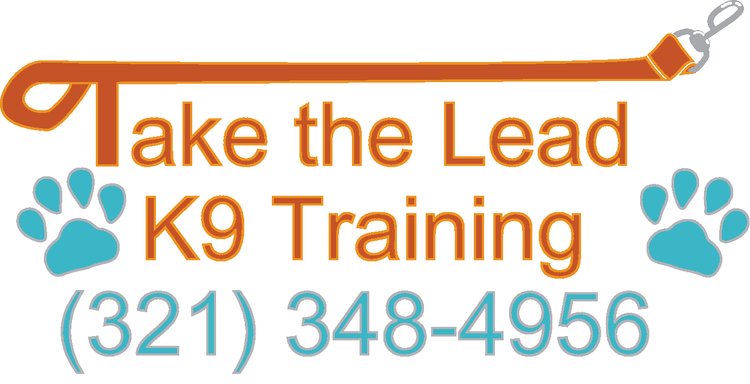The Discipline of Dog Raising
Many of my clients are familiar with Cesar Millan (The Dog Whisperer) and the "fulfillment formula" for a balanced dog: Exercise, Discipline, and Affection! I think it is so fantastic that they've been working on this! They talk about how much exercise they give their dogs or admit that they may not be giving enough and that "that's the problem." I love their honesty, but more than that I LOVE that they are trying to follow the fulfillment formula in the first place--because it truly is an excellent equation to having a dog whose needs are truly met. They are trying to put it into practice, but many are still struggling with their dog--which can be frustrating when you are trying step by step to follow "by the book."
So I want to discuss the 3 parts to this equation a little bit.
Exercise: Of course! Wolves naturally migrate miles daily, so it's only natural that our dogs would need that instinctual need met through exercise. It's true that a dog with pent up energy that is not getting adequate exercise, will release that energy through bad behaviors. There is no question that a tired dog is a happy dog! I find that the type of exercise you share with your dog is also important in affecting your dogs state of mind, and ultimately fulfilling "balance." Letting them chase squirrels around the yard, wrestle all day with another dog, swim, and play fetch are all excellent forms of energy burn, however do not have the same effect and importance as the structured walk. The walk is an opportunity for you to practice 2 parts of the fulfillment formula at one time (exercise and discipline) which make it a very powerful relationship exercise. All of those fast paced and exciting exercises have their place, but should not be a substitute for the exercise of a structured walk.
Discipline: Yep! Many of my clients who follow this formula absolutely understand the importance of discipline and telling their dog if they are right or wrong. They have no problem addressing a behavior and telling their dog that it is unacceptable. That said, I find "discipline" is the most misrepresented part of the equation in many households. Not because clients arn't trying to correct their dog, but because that is ALL they are doing. They are putting out fires behind their dog and communicating that what its done is wrong. Correcting a dog is not what discipline is all about (it's an important part, but there is so much more!)
The martial arts are called a "discipline" for a reason. It is not because of the combat-- which is the most memorable part for most people, but because of the dedication it takes from an individual to practice it. Martial arts are about concentration, control, practice, strategy, rules, boundaries, respect, and dedication. Ask anyone who practices martial arts and they will tell you it is not about knee-jerk reactions in a fight--it is about the discipline that lead up to their first strategic choice.
THAT is what is meant by discipline when it comes to our dogs. Being proactive and creating opportunities for our dog to practice control, following, boundaries, and respect. When you are putting those things in place daily, you are taking the first initiative to guide your dog during times that he would make bad choices. YOU are also practicing a new discipline of teaching and guiding your dog with daily structure and boundaries. We're not waiting for our dog to make a mistake or bad choice to "apply" discipline through a correction. We are now actively looking for ways to strengthen our bond and prepare our dog to behave in a more controlled and focus manner throughout life, through the daily practice of discipline.
Affection: Our favorite! Affection is the one part of the formula that never gets left out. It is important, no doubt! We LOVE to share affection with out dogs--it feels good and makes us happy (and is the easiest for people to do)! Affection is also the LAST part of the formula, because it should be the LAST part given. It doesn't mean it's not important, but our dogs need us to provide them with important dog-life skills (exercise and discipline) before we share our human-emotion-based stuff with them (affection). Use your affection as a reward for a great state of mind and calm energy...that's how it is truly meant to fit into the formula (not just as permission to give a ton of treats and hugs because you are back from a walk!)
Make sure to take look at your formula and see how much affection you are giving compared to the other 2 practices. These are supposed to be three equal parts: how does yours look? Now that you see the real definition of discipline, is it the same percentage that you thought it was? Are they all still equal?
If you're getting some untoward behavior from your dog, feel like your dog is not listening to you, and that you do not have control or influence when it comes to your dog in certain situations...revisit the formula. Work on your discipline--it's not just you, we all need to! That's why it's called a discipline---it involves practice, dedication, and control! We have to learn how to become a master :)

